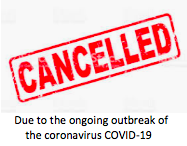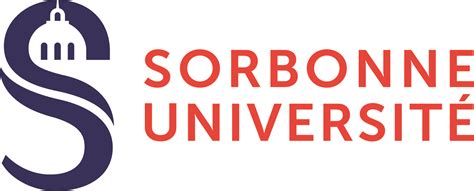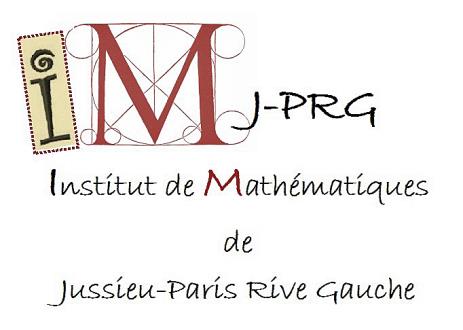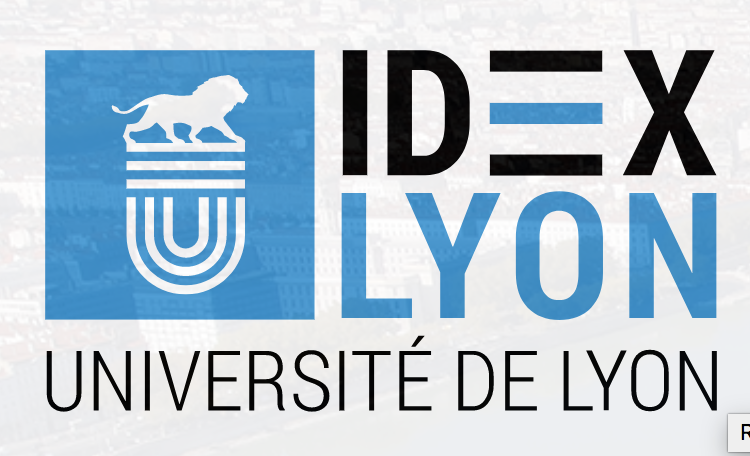Comité d’organisation
Cornelia Drutu Badea (University of Oxford)
François Le Maître (IMJ-PRG Université Paris Diderot)
Todor Tsankov (IMJ-PRG Université Paris Diderot)
|
Geometry and groups have a long shared history, stemming from Erlangen’s program which proposed to study the geometry of various mathematical objects through their symmetry groups. More recently, many countable groups have conversely been studied as interesting geometric objects on their own, leading to what is now called geometric group theory. This workshop aims at fostering these interactions in the broader context of Polish groups, a class of groups attracting an increasing amount of attention.
On the one hand, some natural Polish groups arise as symmetry groups of mathematical objects: for instance, the homeomorphism group of any compact metrisable space, the diffeomorphism group and the mapping class group of any second-countable manifold are all Polish groups. The investigation of such groups has known rapid advances recently. The workshop will be the occasion to chart the latest developments, with a minicourse by Kathryn Mann on homeomorphism groups of manifolds and a minicourse by Federica Fanoni on big mapping class groups. On the other hand, Christian Rosendal has recently developped a framework which allows one to treat any Polish group as a geometric object, thus opening the road to the geometric group theory of Polish groups. Many examples are being currently studied, so this workshop will be the occasion to have several talks about them. A number of powerful tools used in Geometric Group Theory for the study of infinite groups appear to be very relevant to, and yet to be adapted for, Polish groups: the use of actions on spaces that are nonpositively curved, both in the classical and in the coarse sense, the analysis of « large » topological groups via their subgroups, whether discrete or dense, whether Gromov hyperbolic, relatively hyperbolic or with other non-positively curved features, endowed with Kazhdan’s property (T) or amenable. The workshop will thus feature several talks on various approaches existing in Geometric Group Theory. |
Les liens entre géométrie et groupes s’enracinent dans le programme d’Erlangen qui propose d’étudier la géométrie de divers objets mathématiques via leurs groupes de symétries. Plus récemment, de nombreux groupes de type fini ont été réciproquement étudiés en tant qu’objets géométriques eux-même, donnant lieu à la théorie géométrique des groupes. Ce workshop a pour but d’enrichir ces liens dans le contexte plus vaste des groupes polonais, une classe de groupe qui connaît un intérêt grandissant.
D’une part, de nombreux groupes polonais naturels s’obtiennent comme groupes de symétries : par exemple, les groupe d’homéomorphismes d’espaces compacts métrisables, les groupe de différomorphismes et les groupes modulaires de variétés à base dénombrables d’ouverts sont tous des groupes polonais. L’etude de ces groupes a connu récemment des avancées rapides. Ce workshop sera l’occasion d’apprendre les derniers développements en la matière, avec un minicours par Kathryn Mann sur les groupes d’homéomorphismes de variétés, et un minicours par Federica Fanoni sur les gros groupes modulaires. D’autre part, Christian Rosendal a récemment proposé un cadre naturel qui permet de munir les groupes polonais d’une géométrie, ouvrant donc la voie à la théorie géométrique des groupes polonais. De nombreux exemples sont étudiés en ce moment, et ce workshop sera l’occasion d’avoir plusieurs exposés à leur sujet Bon nombre d’outils utilisés efficacement dans la théorie géométrique des groupes pour l’étude des groupes infinis semblent très pertinents, bien que pas encore adaptés, pour les groupes polonais: les actions sur des espaces à courbure non-positive, dans le sens classique et à grande échelle, l’analyse de groupes topologiques » grands » via leurs sous-groupes, qu’ils soient discrets ou denses, Gromov hyperboliques, relativement hyperboliques ou avec d’autres traits de courbure non-positive, avec la propriété (T) de Kazhdan ou moyennables. Plusieurs exposés du workshop montreront différents approches existantes dans la théorie géométrique des groupes. |
|
Minicourses
Kathryn Mann (Brown University) Brian Bowditch (University of Warwick) |







